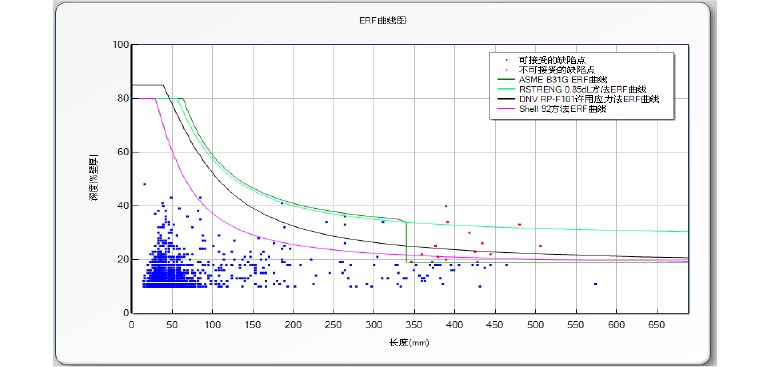 No. 1825, Luodong Road, Baoshan Industrial Zone , Shanghai, P.R. China
No. 1825, Luodong Road, Baoshan Industrial Zone , Shanghai, P.R. China +7 968 585 3443 / +86 15802111868/021-66861126
+7 968 585 3443 / +86 15802111868/021-66861126 lijingxin@hilonggroup.com
lijingxin@hilonggroup.com

 No. 1825, Luodong Road, Baoshan Industrial Zone , Shanghai, P.R. China
No. 1825, Luodong Road, Baoshan Industrial Zone , Shanghai, P.R. China +7 968 585 3443 / +86 15802111868/021-66861126
+7 968 585 3443 / +86 15802111868/021-66861126 lijingxin@hilonggroup.com
lijingxin@hilonggroup.com




 No. 1825, Luodong Road, Baoshan Industrial Zone , Shanghai, P.R. China
No. 1825, Luodong Road, Baoshan Industrial Zone , Shanghai, P.R. China +7 968 585 3443 / +86 15802111868/021-66861126
+7 968 585 3443 / +86 15802111868/021-66861126 lijingxin@hilonggroup.com
lijingxin@hilonggroup.com
Through the identification and evaluation of the safety factors faced by the pipeline operation, the corresponding safety risk control countermeasures are formulated, and the identified adverse factors are continuously improved, so as to control the safety risk level of the pipeline operation within a reasonable and acceptable range, so as to reduce the occurrence of pipeline accidents and economically and reasonably ensure the safe operation management technology of the pipeline.
Define the nature of the defects in the pipeline, analyze the corrosion growth in the pipeline, eliminate the uncertain factors in the integrity evaluation, and use different standard methods to evaluate the residual strength and predict the residual life of the metal loss, providing a scientific basis for the pipeline integrity management.

Contents and advantages of integrity evaluation service
1.Summarize the data of all defects inspected in the pipeline
2.Evaluate the relationship between the maximum safe pressure and the maximum allowable operating pressure at the metal loss location in the pipeline inspection results, and judge the severity of the metal loss.
3.Evaluate the current integrity of the pipeline and determine the defects requiring immediate repair.
4.On the basis of available data, calculate the metal loss growth rate, predict the remaining life of the pipeline, and ensure the future integrity of the pipeline.
5.Rank the metal losses that need to be maintained and repaired in the future, and formulate a maintenance plan to ensure the safe and reliable operation of the pipeline.
6.Determine the appropriate retest cycle.
7.Recommend appropriate maintenance methods.